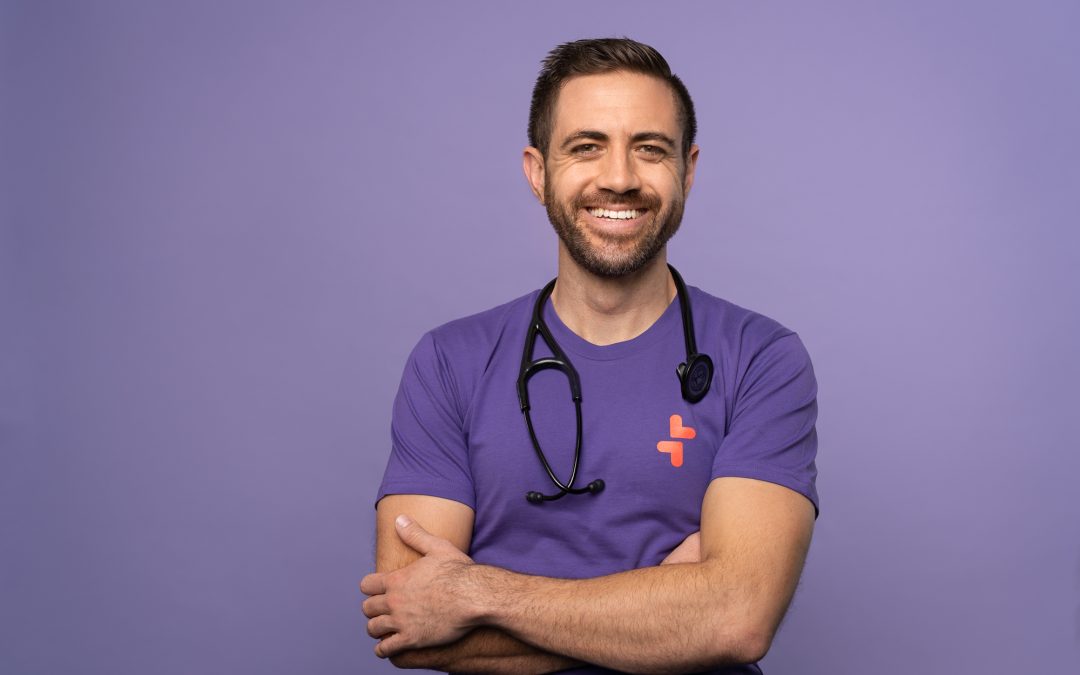Ever wondered how you should eat to fuel your exercise? Perhaps you’ve seen people at the gym downing protein shakes, or athletes promoting sports drinks as the holy grail of hydration, and wondered if you should be doing the same.
Nutritionist Mindy Wigzell shares how you can eat and drink to get the most out of your exercise.

We need food to function well. Food provides nutrients that form the building blocks of our bodies. It also provides energy to run all of our bodily processes that keep us going – kind of like the petrol (or electricity) needed to run your car.
When we exercise, our energy needs increase to help our muscles to work harder, our hearts to pump blood around the body and our lungs to get in more of that much needed oxygen.
Fuelling up before exercise
Our bodies mainly use carbs and fats for energy when we exercise. Unlike fat, our bodies only store a limited amount of carbohydrate, so eating carbs before high intensity or prolonged exercise helps ensure that fuel is available, to help us perform at our best.
Examples of high carb foods include banana on toast, porridge with fruit, a muesli bar or pasta salad. Eating a meal 3-4 hours before exercise is ideal to give your body time to digest the food, or you could have a carb-rich snack 1-2 hours beforehand.
Eating during exercise
For most of us exercising up to 60-90 minutes or so, water is generally enough to see us through.
People exercising at high intensities for a longer duration may need to eat carbohydrates during exercise as well, as their working muscles use up the carbs they’ve eaten beforehand. This is where sports drinks may come in. However, they are sugary drinks and are not needed for most of us ‘weekend warriors’.
Recovery nutrition
Getting in good nutrition after exercise helps our bodies repair and recover, and provides nutrients to replace those we’ve used up doing physical activity.
Choosing foods with protein and carbohydrate is a great choice, for example flavoured milk or a smoothie, a bread roll with lean meat and salad or even leftovers e.g. spag bol or tofu noodle salad. These don’t need to be eaten immediately after exercise – at your next meal is fine.
Protein shakes may be helpful for people looking to optimise their muscle gains after strength training, but they’re not a necessity.
Don’t forget to drink!
When we exercise, we sweat – especially if we’re training hard or it’s warm outside. When we sweat, we lose water from our body. So, it’s important to replace that water by drinking enough to help us perform well and stay safe.
So, what we eat and drink can help us exercise safely and effectively. Individual nutrition and hydration needs do vary from one person to the next, so if you’re interested in sports nutrition, a Sports Nutritionist or Sports Dietitian can help you figure out exactly how much you need and when.
Mindy Wigzell is a NZ Registered Nutritionist and owner of Flex Nutrition. She loves helping people reach their health and performance goals through nutrition, focusing on sustainable changes for long-term results and maximum enjoyment along the way. In her spare time, you can usually find her in the forest on her mountain bike, or making a huge mess in the kitchen!
Facebook: @flexnutritionnz


